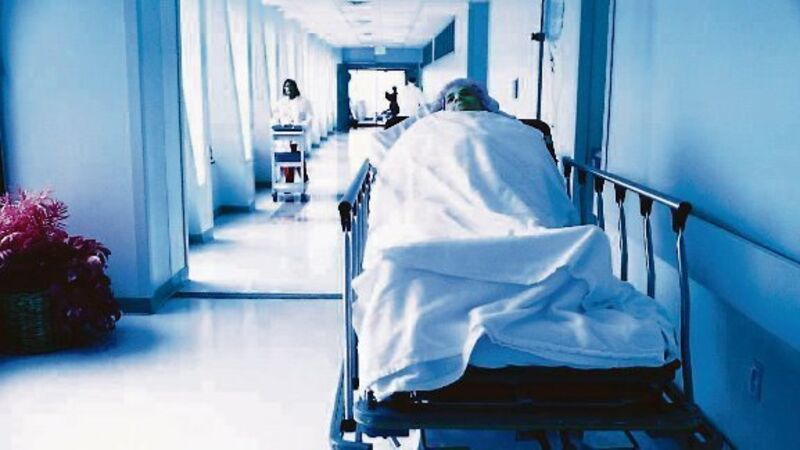Leo Varadkar directive will see hospitals penalised if patient left on trolley for more than nine hours

The directive makes it compulsory for each acute hospital to take specific steps to tackle emergency department (ED) congestion, under what is called an escalation plan, with the threat of having resources reallocated if they fail to do so.
Mandatory measures include undertaking extra ward rounds to facilitate discharges, the postponement of non-urgent elective surgery, and close liaison with the ambulance service to ensure workload is more evenly spread across hospitals. As a last resort, extra beds would be placed on wards.










